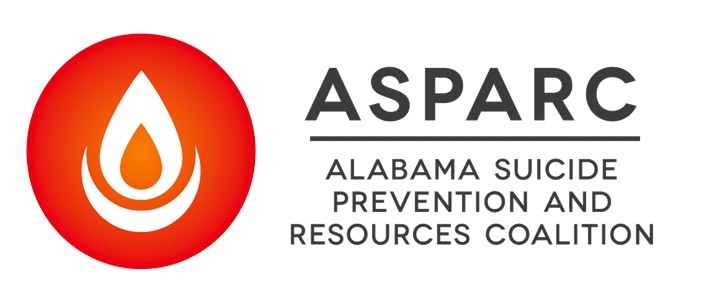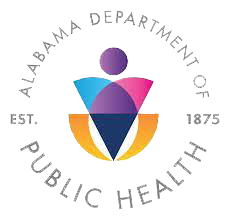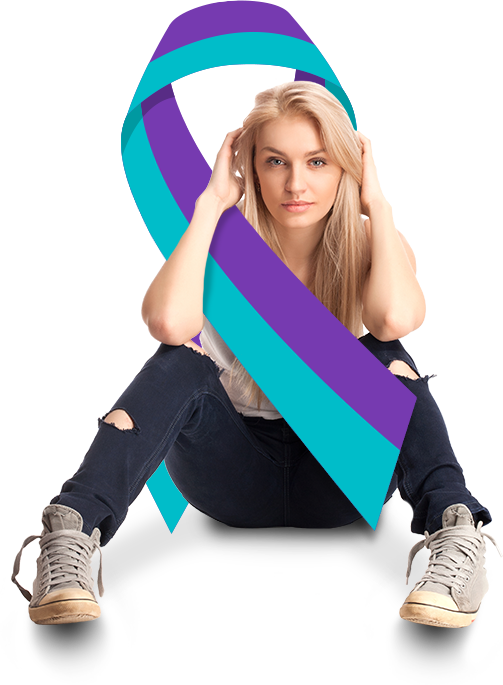Suicide Is Preventable with
Your Help




Mental Health Training
Would you know how to assist someone who is in a Mental Health Crisis?
Identify. Understand. Respond.
Mental Health First Aid is a course that teaches you how to help someone who is developing a mental health problem or experiencing a mental health crisis. The training helps you identify, understand, and respond to signs of addictions and mental illnesses.
Identify. Understand. Respond.
Mental Health First Aid is a course that teaches you how to help someone who is developing a mental health problem or experiencing a mental health crisis. The training helps you identify, understand, and respond to signs of addictions and mental illnesses.
Statistics
Who Should Take This Course? Everyone!
Course Information
- Panic attacks
- Suicidal thoughts or behaviors
- Nonsuicidal self-injury
- Acute psychosis (e.g., hallucinations or delusions)
- Overdose or withdrawal from alcohol or drug use
- Reaction to a traumatic event
Topics Covered
- Depression and mood disorders
- Anxiety disorders
- Trauma
- Psychosis
- Substance Use Disorders
Course Information
The Adult Mental Health First Aid course is appropriate for anyone age 18 and older who wants to learn how to help a person who may be experiencing a mental health related crisis or problem.
The Youth Mental Health First Aid course is primarily intended for adults to learn how to help young people experiencing mental health challenges or crises. It reviews the unique risk factors and warning signs of mental health problems in adolescents ages 12-18 and emphasizes the importance of early intervention.
Teen Mental Health First Aid teaches high school students how to identify, understand and respond to signs of mental illnesses and substance use disorders among their friends and peers. The training gives students the skills to have supportive conversations with their friends and get a responsible and trusted adult to take over as necessary.
This training covers topics such as:
- Common signs and symptoms of mental health challenges.
- Common signs and symptoms of substance use
- Common signs and symptoms of a mental health crisis, particularly suicide
- How to open the conversation about mental illnesses and addiction with friends
- The impact of school violence and bullying on mental health
- How to seek help from a responsible and trusted adult
QPR is a national suicide prevention strategy for raising public awareness about suicide and better identification and referral of people at risk for suicide. The goal of QPR training is to prevent suicide attempts and completions, and to find relief for those suffering from suicidal ideation. Participants completing QPR Gatekeeper Training for Suicide Prevention should be able to 1. Recognize someone at risk for suicide 2. Intervene with those at risk and 3. Refer them to an appropriate resource.
This training covers topics such as:
- Understand suicide as a national and local public health problem
- Understand common myths and facts surrounding suicidal behavior
- Recognize suicidal warning signs
- Recognize risk factors for suicide
- Recognize three protective factors against suicide
- Understand how to immediately reduce risk
- Save lives and help prevent suicide behaviors
1-2 hours
Registration
Registration
Course Information
When you take a course, you learn how to apply the Mental Health First Aid action plan in a variety of situations, including when someone is experiencing:
- Panic attacks
- Suicidal thoughts or behaviors
- Nonsuicidal self-injury
- Acute psychosis (e.g., hallucinations or delusions)
- Overdose or withdrawal from alcohol or drug use
- Reaction to a traumatic event

